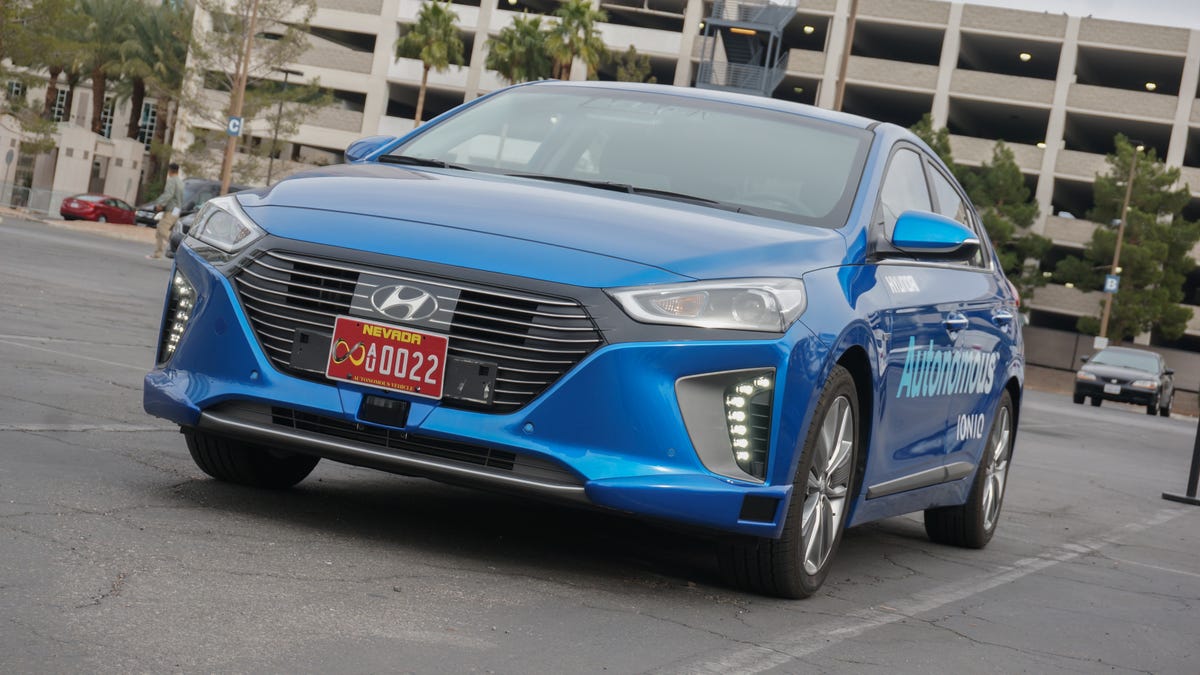South Korea building entire 'city' for autonomous car development
It'll occupy 88 acres, which isn't the size of Seoul or anything, but it's still pretty darn substantial.

Testing self-driving cars in public is all well and good, but if you want to create a series of repeatable situations for learning purposes, you're better of doing it somewhere devoted to that kind of work.
The South Korean government hopes to open K-City later this year, BusinessKorea reports. Occupying about 88 acres, or 360,000 square meters, K-City is a "city" built for the express purpose of autonomous-car development. It'll be loaded up with bus lanes, expressways, parking lots and other areas self-driving cars will need to learn to navigate.
K-City will offer something public testing cannot -- repeatability. You can't just tell all the traffic in Seoul to stop, back up and drive the same route again. By having a more controlled area, the South Korean government believes K-City can offer even more help for the automakers and suppliers currently working on self-driving cars.
Hyundai's been developing its autonomous Ioniq for some time, and we were lucky enough to take a spin ahead of CES 2017.
Right now, both Hyundai and Kia are working on autonomous-car solutions in South Korea. A number of tech companies are getting in on the action, as well, including SK Telecom and Samsung. The hope is that all these companies will be able to use K-City and benefit from it.
There are other perceived benefits, as well. BusinessKorea says experts could benefit from additional data collection done on-site. The data obtained during all this testing could be used for urban planning or insurance purposes, for example.
K-City is expected to have a soft opening in October, with only the expressways offered up. The government is expected to finish work on the facility in 2018, with a full-on opening slated for the second half of next year.
Korea's autonomous-testing facility can be likened to Mcity in Michigan. Mcity is a research facility at the University of Michigan, and it functions much in the same way as K-City, offering automakers and other companies a controlled environment for development and testing. K-City will be much larger, though, coming in at 88 acres, compared to Mcity's 32-acre footprint.

